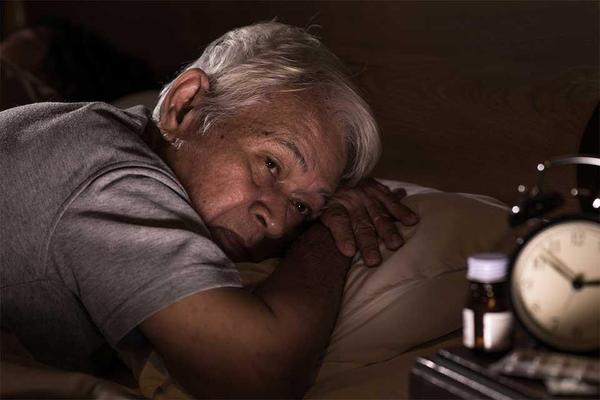
What to Do After a Dementia Diagnosis: 10 Steps
Understand what to expect with a dementia diagnosis. This can help you feel more confident and empowered to create a dementia care plan that fits your relative’s needs and improves their quality of life. Learn about proven lifestyle changes, like exercise (physical and mental) and brain-healthy diets, clinically shown to slow the progression of dementia. There’s no cure for Alzheimer’s or dementia, but specialized dementia treatments are available to help with symptoms. Things like behavior mana...








